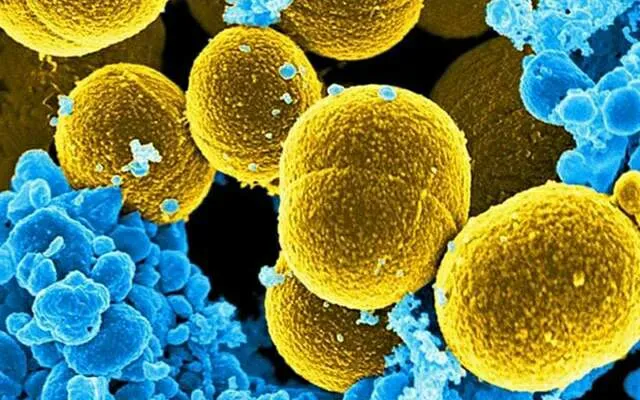Some types of fungus may be lethal for people with AIDS-infected patients or those who have weakened the immune system.
When the bacteria enter the healthy body, it does not cause serious problems because their immune system is strengthened. But those who are less susceptible to disease prevention may be dangerous for fungus - such information was found in the experiments done by the researchers of the University of Georgia.
Researchers discovered how the fungus 'Aspergillus Femiggetus' defeats the body's immune system and creates lethal infection.
Fungal toxic material called 'glyotoxin' is an important factor in the ability to heal the fungus or 'pathogenesis'.
Oliver Weerz, professor of the University of Zenay in Germany, said: "It was already known to us that this toxic ingredient has the power to control 'immunosuppressive' or immune system. 'Glytoxin' disables the cells responsible for the prevention of disease. But we did not know how to do it. "
Researchers in the study said, "Researchers in contact with 'glyotoxin' created artificially 'neutrophilic granulocyte', which created immune system for research. The first of these cells in the prevention of disease is to identify and destroy the disease-causing germs. "
"In contact with the disease-causing microbes, the 'Leukotrienses' literally releases blood ingredients in the blood and 'neutrophilic granulocytes' warns other preventive cells. Due to the adequate levels of preventable cells, they destroy the germs. "
The research is published in the journal 'Cell Chemical Biology'.
But if the germicidal germ is an 'Aspirigilous Femigateget' then this is not the case. Because, 'neutrophilic granulocyte' transmitters the transmission of 'leukotriensibofor' inhibition of 'glyotoxin'.
As a result, adequate disease-resistant cells can not be stored in the infection region. '
By doing this action, the 'Glyotoxin' called 'Mikotoxin' or fungal toxic substance is stopped by the release of LTFE 'Hydrozase' enzymes.
"Such a way the body's immune system is damaged by the closure of the immune system," Wierz said. As a result, germs, fungi in this case, can easily enter different cells and organs. "
